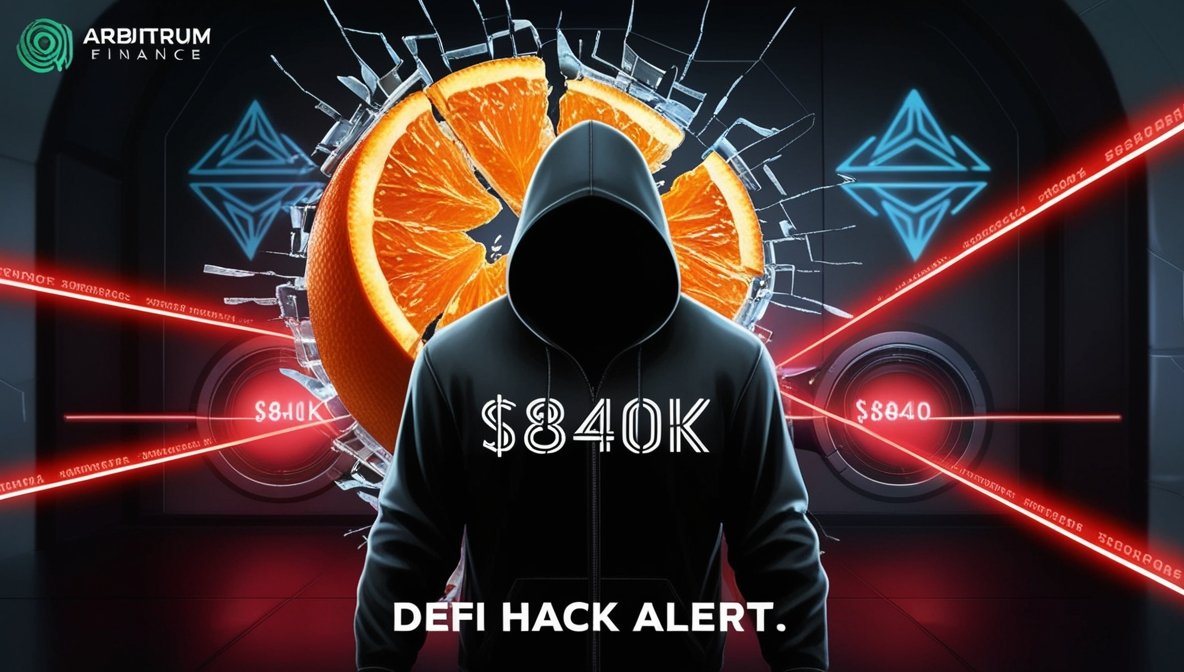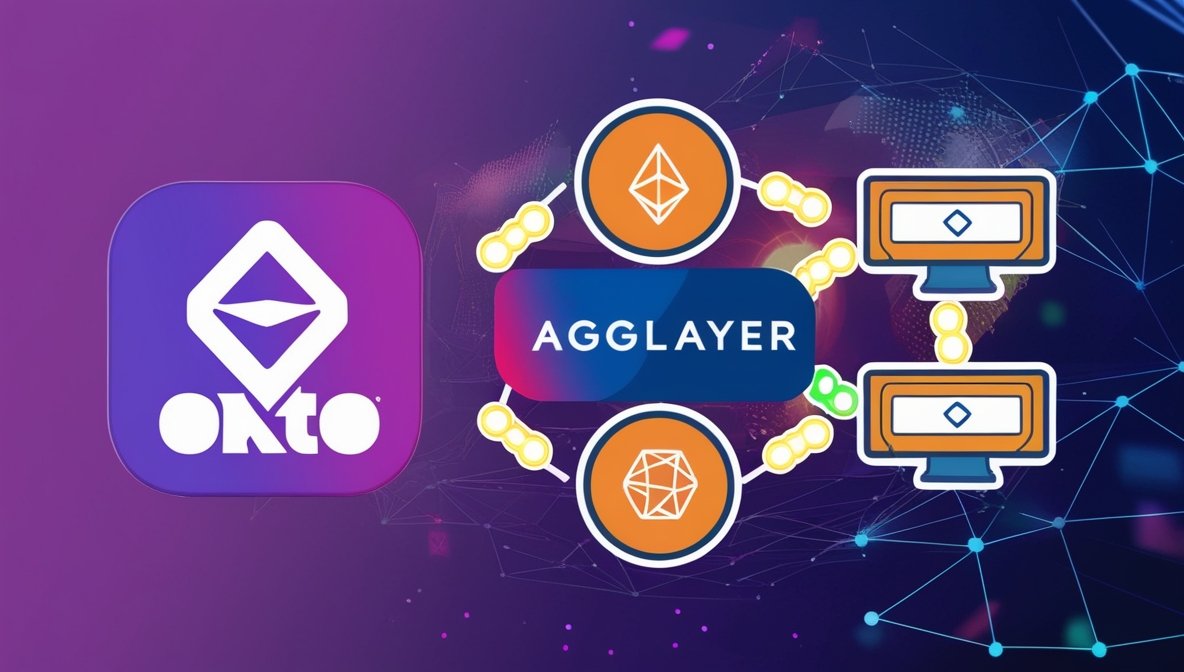Portugal’s BiG Bank has suspended fiat payments to crypto platforms, reflecting tighter regulations, while other banks maintain the option, amid shifting national and European crypto policies.
Portuguese Banco de Investimento Global, BiG, has been at the center of news following the halt in fiat payments to crypto platforms. Its seemingly changing the Portuguese landscape on digital assets. The financial institution, responsible for managing close to €7 billion in assets, made the move amidst an increasing stranglehold on crypto by governments across Europe.
José Maria Macedo, co-founder of Delphi Labs, called out the bank on social media, claiming this will only push more people to move their wealth onto blockchain platforms. “Crypto is inevitable, banks are dead, and these abuses of power will only red pill more ppl into moving their wealth on-chain,” he tweeted. His words reflect a broader frustration within the crypto community.
Curiously, the move by BiG seems to be an isolated case in Portugal, considering that other major banks, such as Caixa Geral de Depósitos, still allow fiat transactions to flow to crypto exchanges-a kind of financial divide there.
Portugal, once a crypto haven, is stepping back with the introduction of a 28% tax on short-term crypto profits in 2023, though long-term holdings are still tax-free. BiG’s decision aligns with the broader European trend of stricter crypto regulations, part of the EU’s new Markets in Crypto-Assets Regulation.
As crypto regulations evolve worldwide, countries like El Salvador are reassessing their policies, making it clear that balancing innovation with security remains an ongoing challenge.
You might like: ShibAI Rockets Over 18,000% in One Day After Launch












